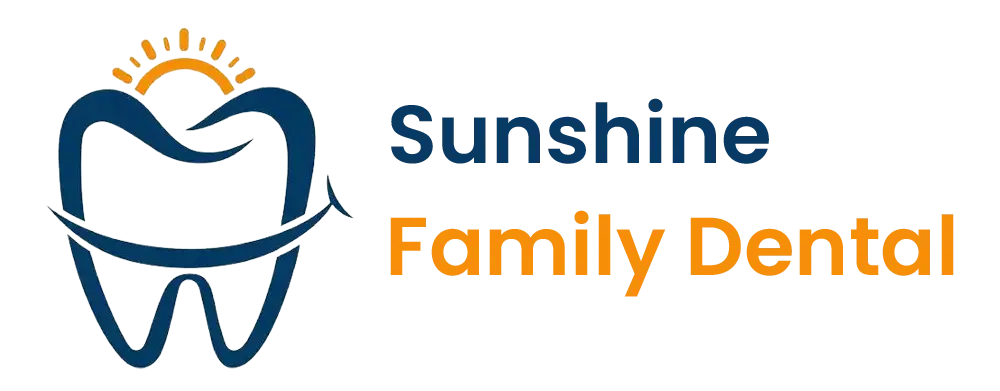Get A Whiter and Brighter Smile with Dental Veneers
Nov 01, 2023![Root Canal Treatment in Pleasanton, CA Root Canal Treatment in Pleasanton, CA]()
The Benefits of Root Canal Treatment: Why Saving Your Tooth is Worth It
Oct 04, 2024![This is a thumbnail image of blog Do All Wisdom Teeth Need to Be Removed? A Guide to When Extraction is Necessary This is a thumbnail image of blog Do All Wisdom Teeth Need to Be Removed? A Guide to When Extraction is Necessary]()
Do All Wisdom Teeth Need to Be Removed? A Guide to When Extraction is Necessary
Nov 02, 2024![Cosmetic Dentistry in Pleasanton, CA Cosmetic Dentistry in Pleasanton, CA]()
Enhance Your Smile: The Wonders of Cosmetic Dentistry
Mar 03, 2024Toothache Troubles: How Do You Know if You Need a Root Canal in Pleasanton, CA?
Feb 01, 2024
A Practical Guide to Understand Wisdom Teeth Removal
Wisdom teeth, also known as third molars, are the last set of teeth to emerge in your mouth. They typically make their appearance between the ages of 17 and 25, a time when you're considered to have gained "wisdom," hence the name.
While some people may not experience any issues with their wisdom teeth, others can face a range of problems. Common complications include pain and discomfort due to crowding or impaction, infection caused by bacteria buildup around partially erupted wisdom teeth, development of cysts or tumors near these teeth, and even damage to adjacent teeth if they push against them.
Signs that Wisdom Teeth Need to be Removed
- One common sign is pain or tenderness around the gums at the back of your mouth. This can occur when the wisdom teeth are impacted or do not have enough space to fully erupt. As a result, they may become trapped beneath the gum line, causing inflammation and discomfort.
- Another indication is swelling or redness around the affected area. Inflamed gums can make it difficult to brush and floss properly, leading to an increased risk of infection.
- If you notice persistent bad breath or an unpleasant taste in your mouth despite practicing good oral hygiene habits, it could be due to an infection caused by partially erupted wisdom teeth.
- Additionally, if you experience jaw stiffness or difficulty opening your mouth fully, it might indicate problems with your wisdom teeth. The growth pattern of these molars can sometimes disrupt jaw alignment and cause discomfort while chewing or speaking.
It's important not to ignore these signs, as complications from untreated wisdom teeth can worsen over time. If you're experiencing any of these symptoms, consult with a dental professional who will assess whether extraction is necessary for optimal oral health.
The Process of Wisdom Teeth Removal
The process of wisdom teeth removal typically involves a few key steps to ensure the safe and successful extraction of these pesky third molars. First, our dentist will conduct a thorough examination of your mouth and take X-rays to determine the position and condition of your wisdom teeth. Based on this assessment, they will decide whether or not extraction is necessary.
If removal is recommended, you will be scheduled for the procedure. Before starting, our dentist will administer local anesthesia or sedation to numb the area and help you feel more relaxed during the surgery. Once you are comfortable, our dentist will carefully extract each wisdom tooth using special tools designed for oral surgery. The length of the procedure can vary depending on factors such as the number of teeth being removed and their complexity.
Afterward, you may experience some swelling, pain, or bleeding in the days following surgery. The dentist will provide instructions on post-operative care, including pain management techniques and dietary restrictions.
It's important to follow these guidelines closely to promote proper healing and minimize any potential complications. Remember that everyone's recovery time can differ slightly based on individual circumstances.
Please reach out to our dental practice in Pleasanton, CA, to have a consultation with our dentist in Pleasanton, CA. Please call us at (925) 600-9006 or schedule an online consultation, and we'll guide you further.
Office Hours
MON - WED9:00 am - 5:00 pm
THUClosed
FRI9:00 am - 5:00 pm
SAT8:30 am - 2:30 pm
SUNClosed




comments